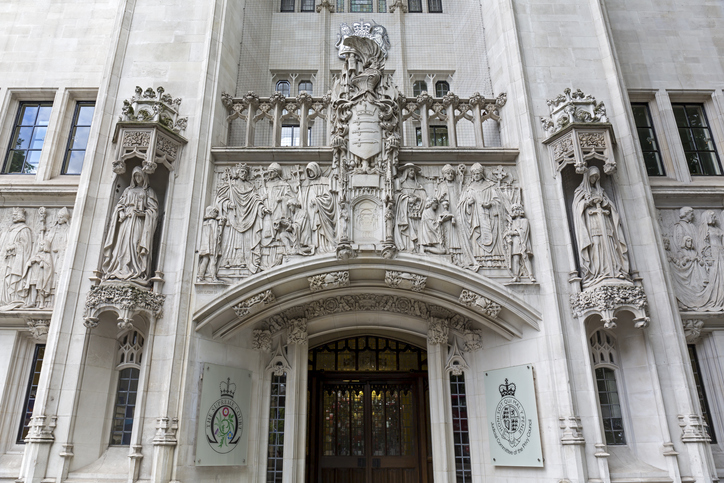
UK Supreme Court Ruling: The Implications for Multinational Companies Operating in Africa
Earlier this month, the UK Supreme Court overturned previous judgements and ruled that Royal Dutch Shell can be sued in English courts for damage caused by its Nigerian subsidiary. In doing so, the court rejected Shell’s argument that its UK parent company was merely a holding entity and, therefore, not liable for claims emanating from Nigeria.
The implications for multi-national companies are significant: under English law, this ruling establishes a precedent that you are now legally responsible for your subsidiaries’ actions overseas and are no longer able to limit the risk of litigation to the country of operation. In the case of Shell, litigation proceedings can now be brought against the company in the UK for alleged environmental pollution in the Niger Delta.
The court’s ruling underscores the importance of conducting thorough due diligence of local subsidiaries and their partners overseas, particularly in jurisdictions where environmental protections and other regulations may not be as stringently enforced as in the UK. Failure to do so now exposes parent companies to the threat of UK legal proceedings.
This is where Africa Integrity can be of assistance, by providing invaluable local knowledge to clients through our specialist team of on-the-ground investigators. We have over 10 years of experience in assessing ethical threats and risks in Africa, including those posed by environmental damage and difficult relations with local communities.
In light of this legal development, there has never been a more important time to boost your organisation’s due diligence capabilities. Get in touch to explore how we can support you and your business operations.